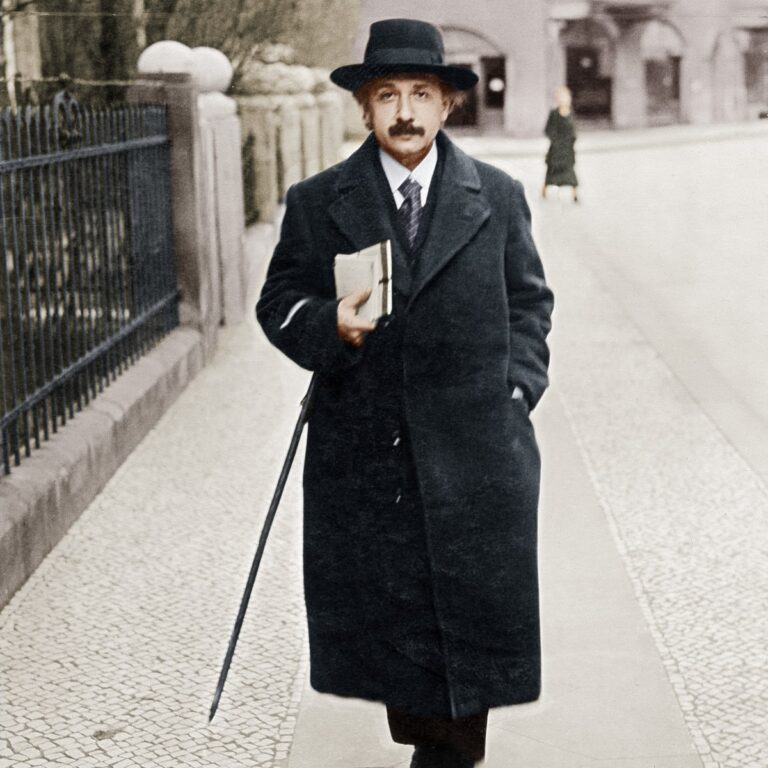D-Wave Systems Ups the Ante to 5,000 Qubits, and then Some. Today, D-Wave Systems, Inc., announced a preview of its next-generation quantum computing platform incorporating hardware, software, and tools to accelerate and ease the delivery of quantum computing applications.
The company touts the benefits as capturing users’ priorities and business requirements while delivering performance gains and solution precision. D-Wave states the overall increased computing ability leverages 5,000 qubits — giving the user the capability to embed larger quantum computer problems with ease and speed of use for commercial quantum applications development.
A few of the highlights from the D-Wave announcement…
Lower Noise: The next-generation system will include the lowest-noise commercially-available quantum processing units (QPUs) ever produced by D-Wave. This new QPU technology further improves qubit coherence, and paves the way to even greater speedups for existing and new quantum computing applications.
Increased Qubit Count: With more than 5000 qubits, the next-generation platform will more than double the qubit count of the existing D-Wave 2000Q™ system. Combining more qubits with the new topology will give quantum programmers access to a larger, denser, and more powerful graph for building commercial quantum applications.
Expansion of Hybrid Software & Tools: Further investments in ease-of-use, automation, and new tools will provide an even more powerful hybrid rapid development environment. The hybrid software and tools will build on the existing D-Wave Hybrid™ offering, allowing developers to run across both classical and the next-generation quantum platforms in the familiar coding environment, Python. The modular approach incorporates logic to simplify distribution of classical and quantum tasks, allowing developers to interrupt processing and synchronize across systems in order to draw maximum computing power out of each system. Additionally, the open source tools in D-Wave’s Ocean SDK are written in Python and C for ease of use and performance.
Flexible Access: The next-generation D-Wave quantum platform will be available to run and build applications by purchasing hours of use through the Leap™ cloud service, and the next-generation system will also be available for installation at customer sites. Flexible purchase plans allow developers, researchers, governments, institutions, and forward-thinking businesses to get started and access the D-Wave quantum system in the way that works for them and their business.

